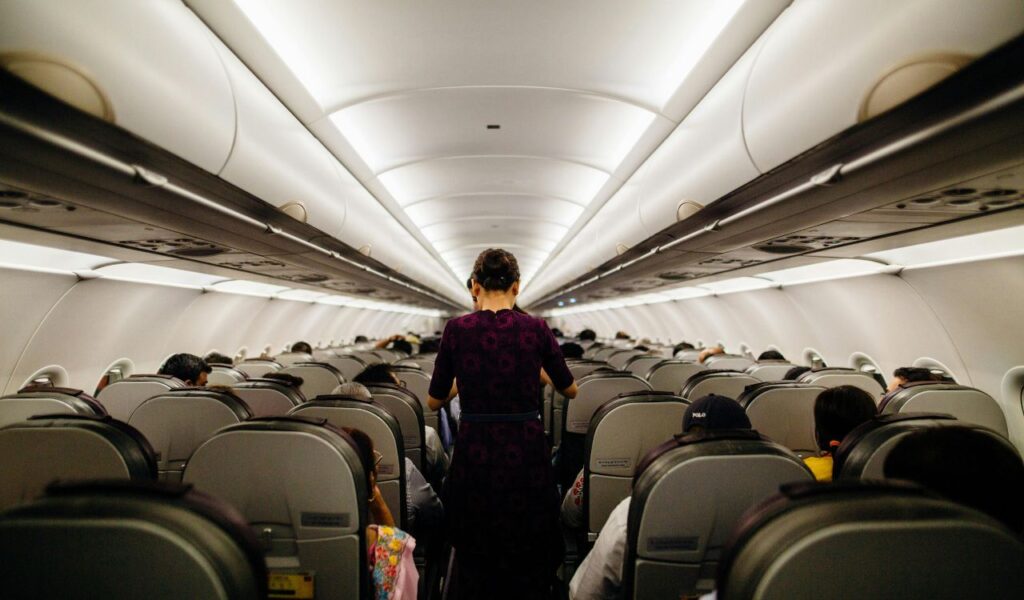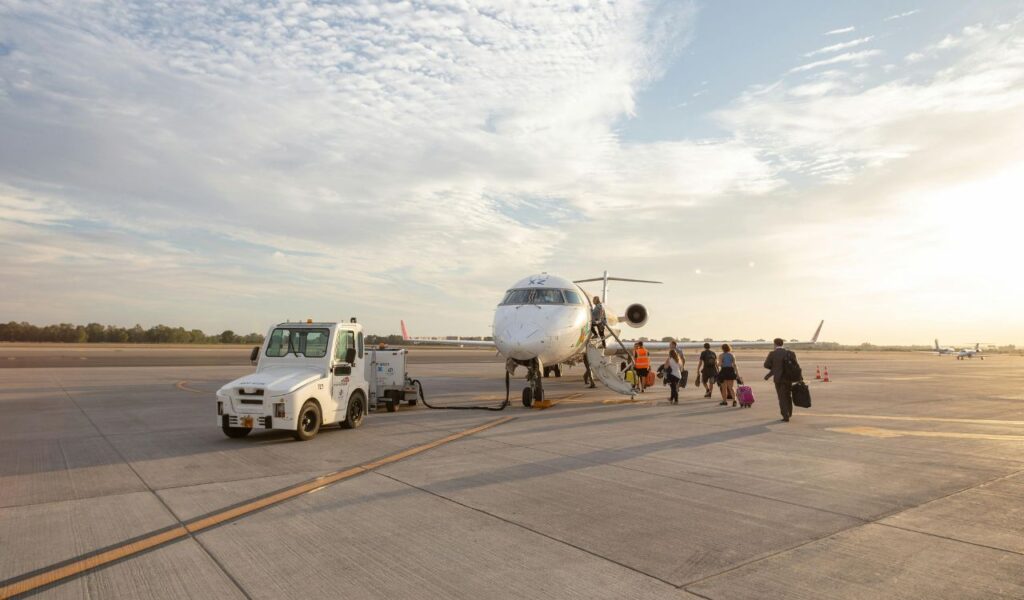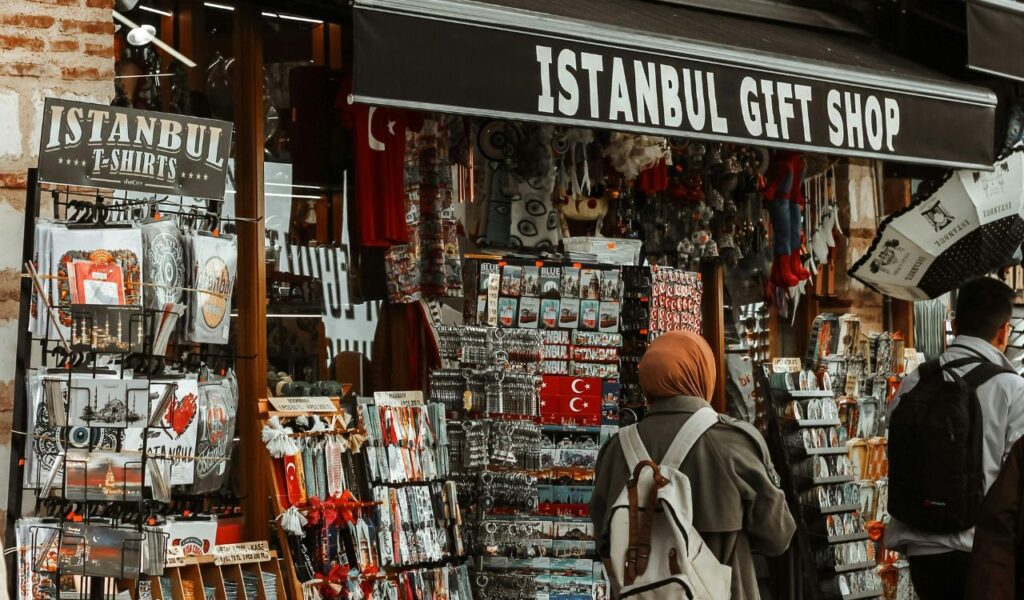We may earn money or products from the companies mentioned in this post. This means if you click on the link and purchase the item, I will receive a small commission at no extra cost to you ... you're just helping re-supply our family's travel fund.

Traveling on a budget can be rewarding, but not all bargains are what they seem. A cheap flight may come with hidden baggage fees, a discount hotel could be miles away from the city center, and some “all-inclusive” packages quietly exclude the experiences you want most. The key to smart budget travel isn’t just about finding the lowest sticker price; it’s about understanding the hidden costs and knowing smarter alternatives. Here are nine common traps travelers fall into and where to go instead for real savings and better experiences.
Cheap Flights With Hidden Fees

Low-cost airlines are tempting with their rock-bottom fares, but the savings often disappear fast. Fees for carry-on bags, checked luggage, seat selection, and even snacks can double or triple the original price. Some carriers even charge extra for printing a boarding pass at the airport. A better strategy is to compare total costs before booking or stick with budget-friendly full-service airlines that include essentials. Flying midweek or using flight comparison tools can often land you a better deal without surprise costs.
Discount Hotels in Remote Locations

That bargain hotel rate can quickly lose its shine when you realize it’s an hour outside the city center. Transportation costs to and from major attractions often add up to more than what you “saved” on the room. Plus, you’ll lose valuable time commuting instead of exploring. A better alternative is to look for boutique hotels, hostels, or vacation rentals in central neighborhoods. Sometimes, a slightly higher nightly rate ends up being more cost-effective once you factor in convenience and reduced transit expenses.
Tourist Meal Deals

Restaurants clustered around major attractions love to lure travelers with “cheap” fixed menus or buffet deals. The problem? Food is often lower quality and overpriced compared to local spots just a few streets away. Drinks, tips, and “extras” also inflate the bill. Instead, seek out local markets, food trucks, or small family-owned eateries where authentic cuisine comes at a fraction of the cost. Apps and walking food tours can also guide you to hidden gems locals actually frequent—giving you both better food and value.
All-Inclusive Packages That Aren’t

Resorts often promote all-inclusive deals as stress-free, but many leave out key features like premium drinks, certain restaurants, or off-site excursions. Guests may also find extra charges for spa services, watersports, or airport transfers. Over time, these add-ons can significantly inflate your vacation budget. If you want true value, look for resorts with transparent policies or consider destinations where all-inclusive actually means everything—such as parts of Mexico or the Caribbean. Alternatively, independent travel with pre-booked activities may save money and give you more flexibility.
Off-Season Bargains Gone Wrong

Traveling in the off-season seems like a money-saver, but there are risks. Attractions may close, weather may limit outdoor activities, and some destinations can feel lifeless when shops and restaurants shut down. For example, Mediterranean beaches may be affordable in winter, but the gray skies and rain can ruin the experience. A smarter approach is to target “shoulder season”—those weeks just before or after peak times. You’ll still get lower rates but with better weather and more open attractions, creating a balance between savings and experience.
Cheap Car Rentals With Pricey Add-Ons

Budget car rental offers can turn into a financial headache once hidden costs appear. Insurance, extra mileage, GPS, and fuel charges often inflate the price well beyond what you expected. Some companies even charge high penalties for returning the car a little late. Instead, research rental companies with transparent pricing and check if your credit card already covers insurance. In cities with good public transportation, ditching the rental altogether can save hundreds. When you do need a car, compare prices across aggregators before booking.
Budget Airlines With Awkward Airports

Ultra-budget airlines often land at secondary airports located far from city centers. While your flight ticket looks cheap, the long bus or train transfers, plus time wasted, make the deal less appealing. For example, flying into Beauvais instead of Paris costs hours and extra transport fees. A better choice is to book with carriers that use main airports, even if the fare is slightly higher. You’ll save time, stress, and often money in the long run. Always check the actual airport name before booking.
Souvenir Shops Masquerading as “Local”

Tourist districts are filled with shops selling mass-produced souvenirs at inflated prices. While they advertise as “local crafts,” most items are imported or cheaply made. Instead of buying overpriced trinkets, head to artisan markets, community co-ops, or local craft fairs. Not only will you support genuine local artists, but you’ll also come home with authentic items at fair prices. Another tip: buy consumables like spices, coffee, or wine, which are often affordable and uniquely tied to the region.
Overhyped Budget Destinations

Some destinations are promoted as “budget-friendly,” but once you arrive, costs can skyrocket. Popular beach towns, trendy backpacker hubs, or over-touristed cities often raise prices on food, tours, and accommodations. Instead, seek lesser-known alternatives that deliver the same charm at lower costs. For example, swap Prague for Kraków, or Santorini for Naxos. By choosing destinations slightly off the mainstream path, you’ll stretch your budget further while avoiding overcrowded spots. Often, the less-hyped cities provide more genuine cultural experiences as well.
Leave a Reply